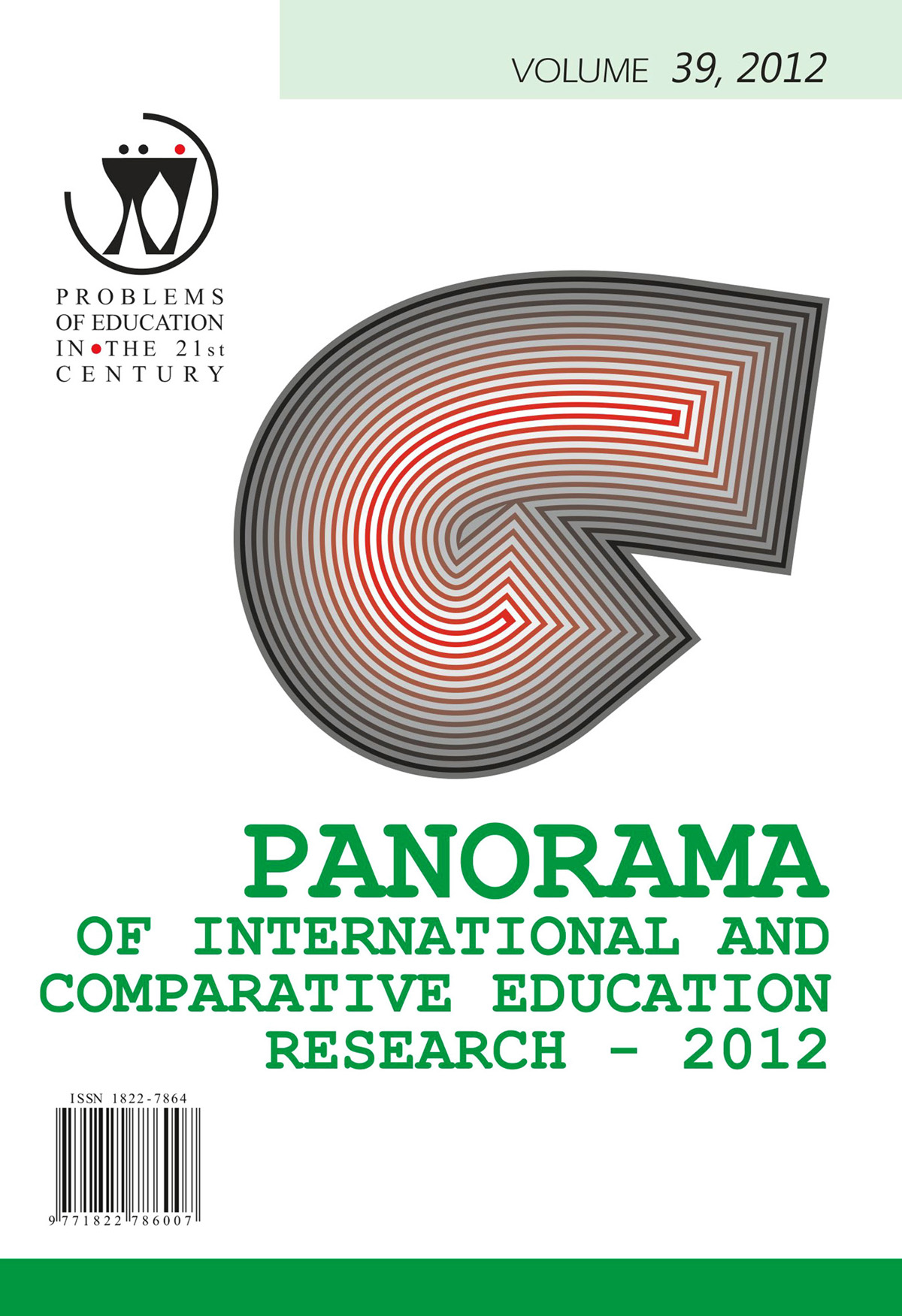CURRICULUM DEVELOPMENT FOR E-LEARNING: A CONCEPTUAL FRAMEWORK
CURRICULUM DEVELOPMENT FOR E-LEARNING: A CONCEPTUAL FRAMEWORK
Author(s): Petar JandrićSubject(s): Education, ICT Information and Communications Technologies, Distance learning / e-learning
Published by: Scientia Socialis, UAB
Keywords: critical e-learning; e-learning curriculum development; spheres of human interest; e-learning research strands;
Summary/Abstract: The aim of this paper is to develop a conceptual framework for curriculum for e-learning. The conducted research is based on two dialectically intertwined pillars. The theoretical pillar consists of the rich critical tradition of inquiry into the relationships between technologies and human beings in wide social contexts from Frankfurt School onwards. The practical pillar consists of Dahlberg’s main strands of Internet research – Uses Determination, Technological Determination and Social Determination (2004). Blending the theoretical and the practical pillar, it is shown that the discipline of e-learning consists of Habermas’s three main spheres of human interests, types of knowledge and research methods – the technical, the practical, and the emancipatory (Tinning, 1992). The conducted research does not include explorations of epistemological basis for combining various theoretical frameworks and research methodologies. For this reason, its results cannot be applied to scientific research without further elaboration. In order to expose students and practitioners to the true structure of the discipline of e-learning, however, results of this research can be confidently applied in practical fields from curriculum development to policy making.
Journal: Problems of Education in the 21st Century
- Issue Year: 39/2012
- Issue No: 1
- Page Range: 62-70
- Page Count: 9
- Language: English

